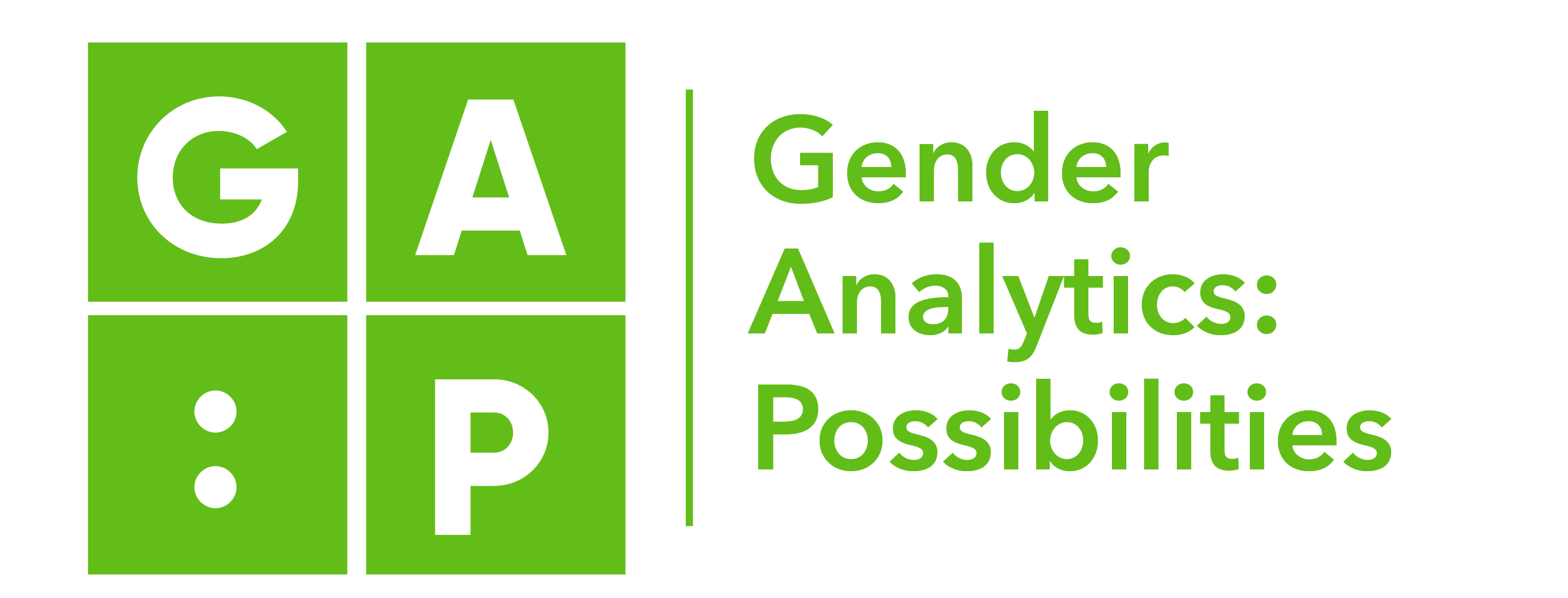Topic: Your Computer is On Fire (The MIT Press, 2021): How do we dismantle systems of oppression in technology?
As part of the Gender Analytics: Possibilities (GA: P) event series, GATE Director Sarah Kaplan moderated a panel discussion with contributors from the book Your Computer is On Fire (The MIT Press, 2021), including Janet Abbate (Professor of Science, Technology, and Society at Virginia Tech), Kavita Philip, (Professor of English and President’s Excellence Chair in Network Cultures, University of British Columbia), and Sreela Sarkar (Associate Professor, Department of Communication, Santa Clara University).
The panel shared examples from the book about how inequality, marginalization, and biases are woven into our technological systems and how these problems are often misunderstood or ignored.
One example the panel highlighted is the pervasive myth of meritocracy and the complacency it creates about diversity and fairness in workplaces. People often believe that fields like tech are built on meritocracy, and those who are deserving will find their way into these spaces. However, the panelists argued that often when we are measuring merit, we are only measuring the cumulative advantages that someone has had over their life. This could be colleges they went to, pre-existing institutional or cultural connections, and in some cases belonging to the right families or access to the right capital. The myth of meritocracy covers up the way tech industry favors those who have been afforded privileges in their lives, and in doing so casts aside those who haven’t.
The panelists also spoke about the business case for diversity in the tech industry, which is used as an argument to increase representation in the workplace as it benefits companies financially. While the business case is important, the speakers argued that if the discussion solely focuses on increasing profits as the reason for diversity, the unspoken flipside of the argument is that “exclusion is acceptable, as long as it doesn’t affect the bottom line.” Therefore, the speakers emphasized the importance of demanding equity and justice in workplaces.
“Of course it (AI) gives us incredible ability to crunch massive amounts of data. But what we’re doing that’s so misguided is that we’re trying to shape human thinking to mimic the forms of automation that we want to implement. And that’s where we lose the rich stories that all these chapters are telling us.”
– Kavita Philip
Watch our panel of experts discuss their reflections from the book
The authors are also happy to announce that a portion of royalties from sales of the book has been pledged to the MIT Press Fund for Diverse Voices.

The Gender Analytics: Possibilities (GA:P) Event Series is an exciting multi-session online series. This unique online experience will highlight how emerging areas of analytics applied to issues around diversity and gender shape risks and opportunities for many organizations, operations and outcomes. Experts in data analytics, gender, and diversity, and inclusion more broadly will share their research and insights to an audience of business, academic, and government leaders.
The GA:P Event Series is being planned jointly by two Rotman research centers, the Institute for Gender and the Economy (GATE) and TD Management Data and Analytics Lab co-organized by Susan Christoffersen (Co-Academic Director, TD MDAL), Sarah Kaplan (Director, GATE) and Matt Mitchell (Co-Academic Director, TD MDAL)




